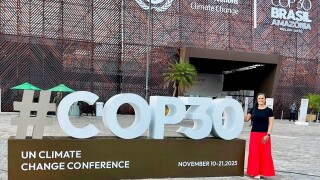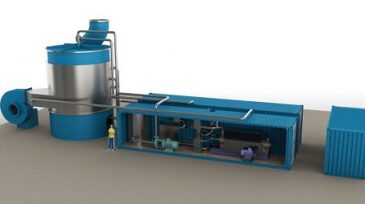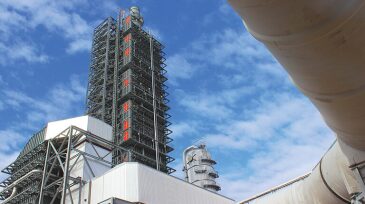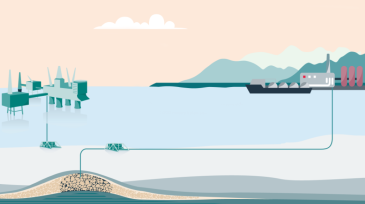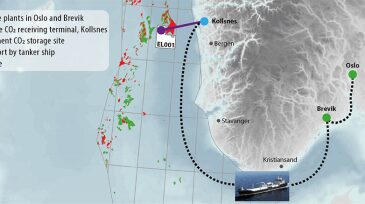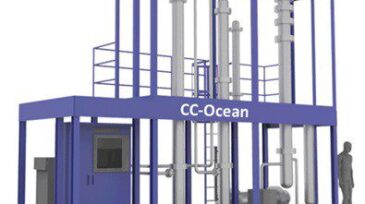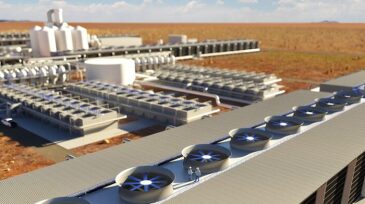Carbon capture and storage
Following the start of injection in August, Northern Lights has issued the first set of certificates documenting that the carbon dioxide captured from the Heidelberg Materials cement factory has been transported and stored permanently in the Aurora reservoir.
As COP30 wrapped up in Brazil, the country finds itself at an inflection point, positioned to deliver South America’s first carbon-dioxide injection by mid-2026.
The 14 available locations are estimated to be able to provide up to 2 gigatonnes of additional carbon-dioxide storage capacity.
-
As part of the agreement, Baker Hughes will accelerate the development of Compact Carbon Capture’s technology, aiming for global commercial deployment.
-
To go big on capturing CO2, the oilfield service company is acquiring a company that specializes in going small.
-
The challenge is immense, but the promise is, too. If the oil and gas business can scale up CO2 EOR, then it can play a very big role in mitigating climate change while offering carbon-negative fuels.
-
The memorandum of understanding with Microsoft follows a conditional investment decision in May that Equinor, Shell, and Total made for the carbon capture and storage project.
-
The memorandum of understanding with Microsoft follows a conditional investment decision made in May by Equinor, Shell, and Total. Pending Norwegian government approval, the final investment decision for the project is expected in late 2020 with startup expected in 2024.
-
Eni plans to reuse depleted hydrocarbon reservoirs in Liverpool Bay to permanently store CO2 captured in northwest England and North Wales.
-
The oil major said it will now work with Global Thermostat on technology that would remove carbon dioxide directly from the air.
-
Phase 1 involved a feasibility study for a facility capable of capturing 750,000 tonnes of carbon dioxide annually. The next phase will explore building a facility capable of more than twice that amount.
-
The project aims to identify risks and conduct operability and safety evaluations for the world’s first attempt at capturing carbon dioxide at sea.
-
Oxy Low Carbon Ventures and Rusheen Capital Management have formed a development company to finance the world’s largest carbon-dioxide-capturing facility using Carbon Engineering’s direct air capture technology.


